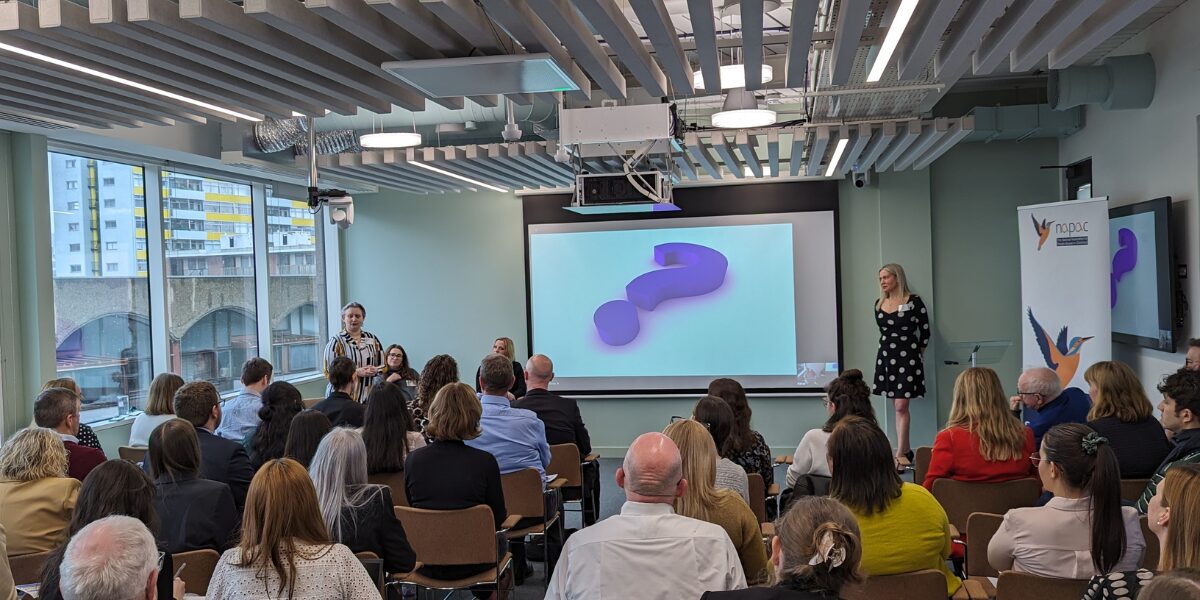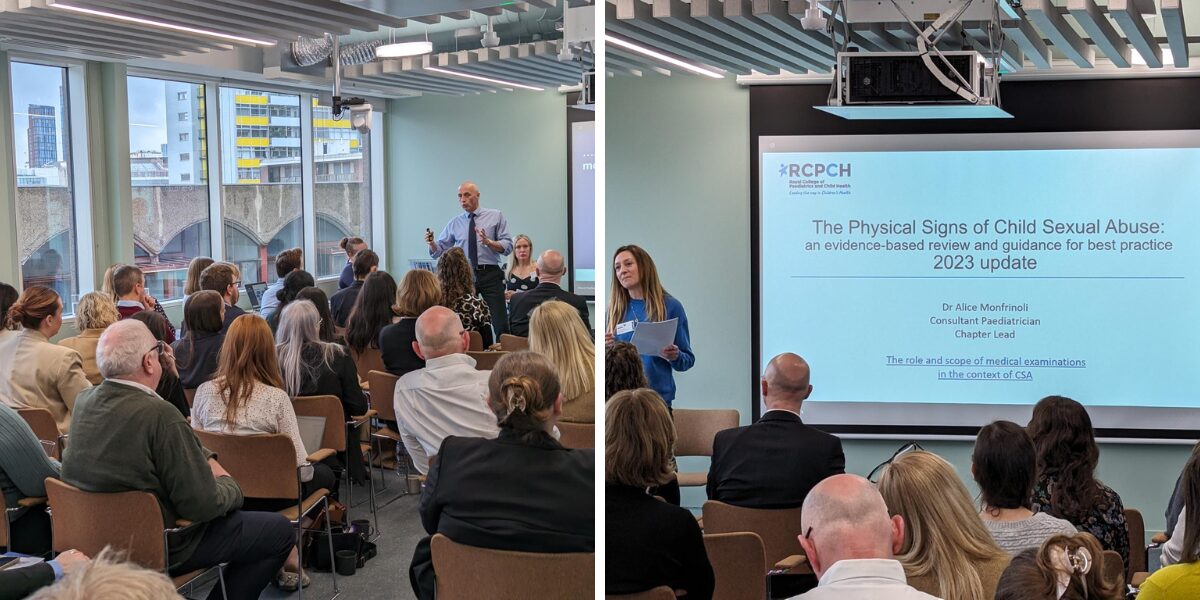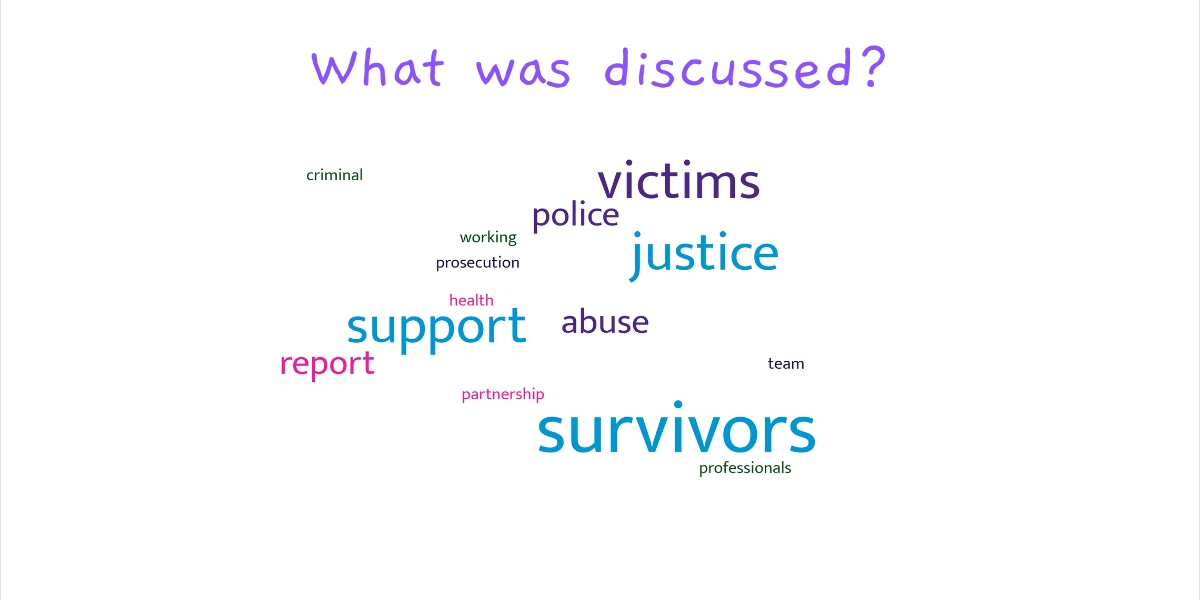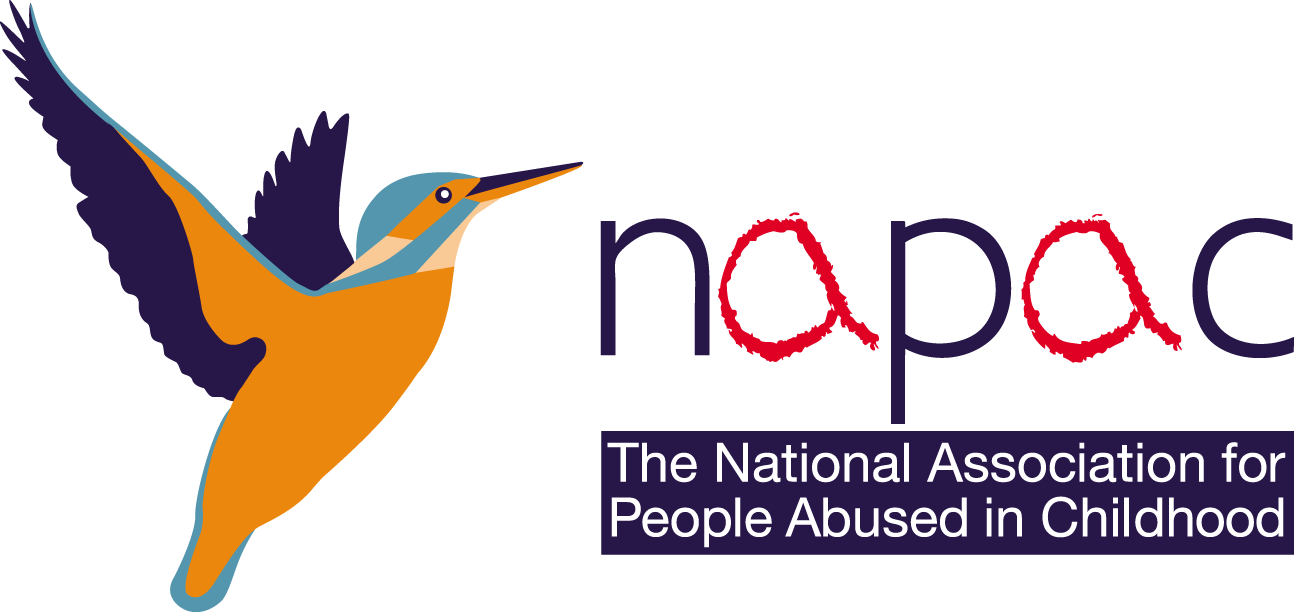
In early February we at NAPAC realised a long-term ambition and held our inaugural Survivors and Justice Symposium, graciously hosted by our law firm partner, Leigh Day.
What was the purpose of the day?
Though every survivor’s journey is different, it is likely that at some point in their recovery they will engage with one, if not all of these institutions:
- law firms and legal teams
- public or private healthcare departments
- the police
- third sector organisations such as support services and helplines
We brought together over 60 key stakeholders from these areas, to listen, learn and forge relationships that will improve service provision and support for survivors.
We wanted to provide a platform for cross-sector collaboration, with survivor voice included at the heart of everything that we discussed.

The keynote speakers
Thankfully the response to this approach was overwhelmingly positive, and we were lucky enough to benefit from the expertise of five key speakers.
Dr Kim Bond of NAPAC presented her unique research on Survivors as Stakeholders: Self-Identified Positive Outcomes, illustrating the importance of not only listening to survivors, but learning from their experiences and what they identify as important outcomes.
Consultant Paediatrician Dr Alice Monfrinoli gave an enlightening update on ‘the purple book’, a document used by healthcare professionals which includes best practice in relation to the paediatric forensic examination where there are concerns about child sexual abuse. An updated version of the purple book is due to be released later in the year.
Richard Fewkes, Director of the Hydrant Programme and CSE taskforce, explained how the national policing response to childhood abuse is evolving, discussing the need for a widespread survivor-first approach and further collaboration amongst forces and with other sectors.
Deputy Chief Crown Prosecutor, Nicola Haywood of the Crown Prosecution Service shone a light on the Child Sexual Abuse Review Panel (CSARP) and explained the challenges that survivors can face when interacting with the court system.
Senior Associate Solicitor at Leigh Day, Andrew Lord gave an excellent overview of civil claims, criminal injuries compensation, redress schemes and other considerations for survivors who are considering pursuing a legal claim.
And we also benefitted from our fantastic panellists; Deborah Dennis, Chief Executive of the Lucy Faithfull Foundation, Lisa McCrindle, Deputy Director at the CSA Centre, Alison Millar, Partner at Leigh Day and NAPAC trustee, and Philippa Gale, Chair of NAPAC’s board – all of whom facilitated lively discussions around improving practice and driving positive change for survivors.

What did we learn?
- When done right, partnership working is a powerful tool – the symposium simply would not have been possible without cross sector collaborations and the commitment of everyone who attended.
- An improved understanding of the barriers to integrating survivor voices across different services and how we can work together to ethically and meaningfully include those voices.
- The intricacies and challenges of the reporting journey (via third sector support, the police, the CPS and the civil claims process) – identifying areas where further support is needed, and collaboration can achieve better outcomes.
- We have the evidence base and the expertise, now is the time to act.
If you’d like to learn more about working with NAPAC, or you’re considering applying to speak at next year’s symposium, please get in touch via info@napac.org.uk .
